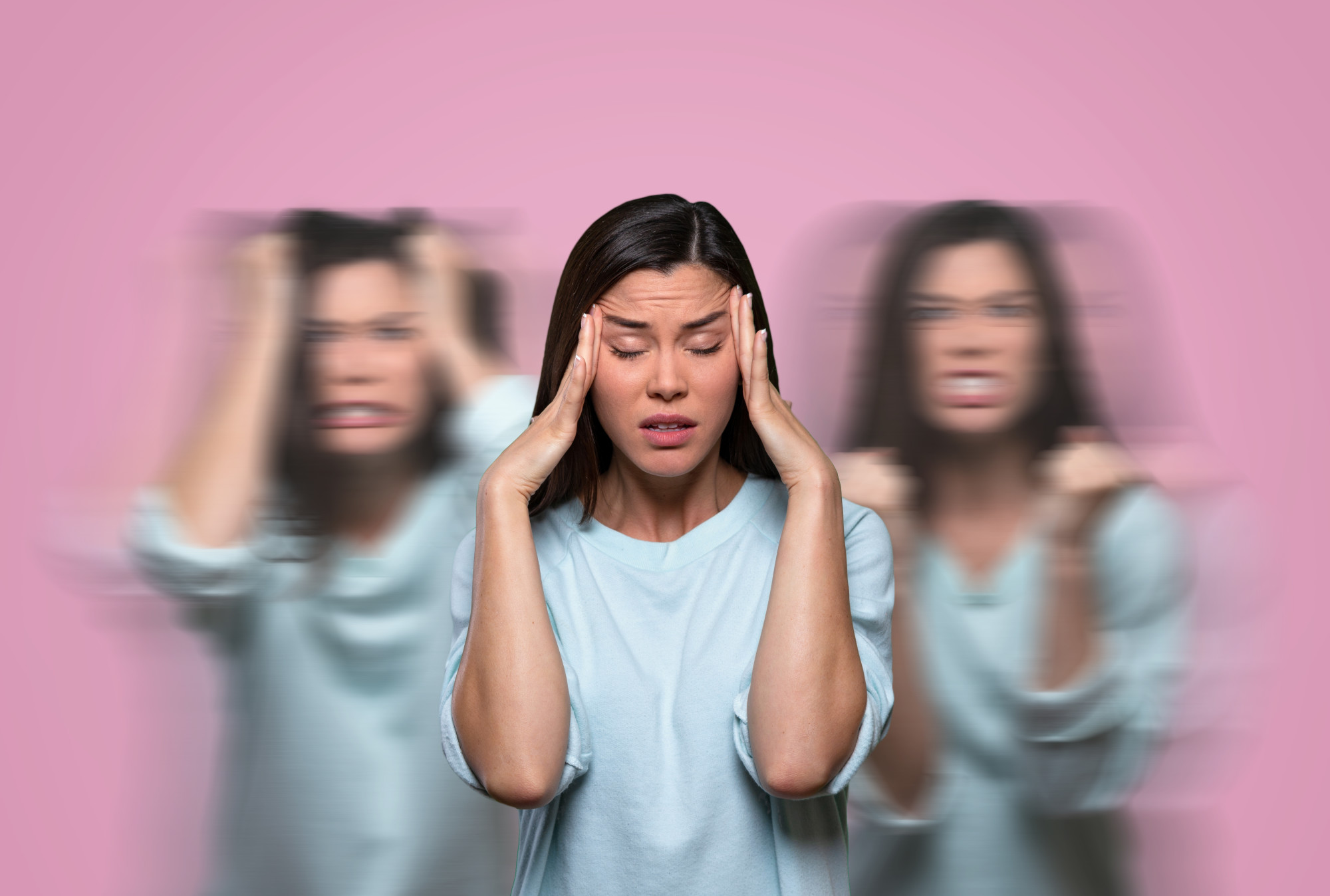
Top 10 Tips to Manage Stress Incontinence
Managing Stress Incontinence
Are you dealing with incontinence due to stress? This can be particularly burdensome on your day to day life. Read on to discover ten tips to help manage stress incontinence.
Stress incontinence
If you struggle with incontinence, you aren’t alone. It’s estimated that 33 million women and men in the United States deal with some form of incontinence.
Stress incontinence tends to affect women more, especially women that have been pregnant or have had children.
Managing stress incontinence can seem impossible, but with the right tips and techniques you can help alleviate some of your symptoms.
Curious about how? Read on to learn how to properly manage your stress incontinence.
10 Tips For Managing Stress Incontinence
Before we get started, it’s important to note that you should always speak with a doctor if you feel that you’re experiencing stress incontinence.
A doctor can ensure that the stress incontinence isn’t a sign of a more serious health problem. They can also recommend procedures that could improve your incontinence problems.
These tips can’t cure stress incontinence, but it can help reduce your frequency to go or help prevent leaks. If you’re ready to get your stress incontinence under control, make sure you follow these tips.
1. Have An Emergency Kit
Feeling stressed about your incontinence problems can make your symptoms worse. You may find that having an emergency kit can help you feel less anxious when you’re out.
Pack a spare set of absorbent underwear and a plastic bag in case of an emergency. You may also want to consider bringing a spare pair of pants.
For bonus assurance, try to wear darker colors when you’re out. They’ll be able to reduce the visibility of potential leaks.
2. Stop Smoking
Stopping smoking can improve almost any health problem, and it can help treat your incontinence problems.
Coughing can put unnecessary stress on pelvic floor muscles, and the extra pressure could make accidents more likely.
3. Balance Fluid Intake
Some people with stress incontinence problems may try to drink less fluids to help their problem. But depriving yourself of important fluids could make your bladder problems worse.
If you end up dehydrating yourself, urine gets more concentrated. The highly concentrated urine could end up irritating your bladder and increase your urgency to go.
Still be sure to drink plenty of water, but time it right. Try not to drink a lot of fluids before bed or when you’re about to go out.
4. Schedule Bathroom Breaks
If you find yourself running to the bathroom at inconvenient times, try setting up a schedule for yourself.
Think about when you’re free during the day, and when you’re most likely to use the bathroom.
Some find that it’s easier to plan bathroom breaks around their work schedule. Lunchtime, break times, and down times between meetings are great times to use the bathroom.
5. Start Doing Pelvic Floor Exercises
One of the common causes of stress incontinence are weak pelvic floor muscles. Weak muscles can’t properly tense enough to hold in urine.
Pelvic floor exercises can strengthen important muscles that support the uterus, bladder, small intestine, and rectum.
The best part about these exercises is that they require no equipment, and can be done at almost any time! The exercises are easy to do, and you can start to see results fast.
6. Do The Right Exercises
We did just spend some time on pelvic floor exercises, but that isn’t the only kind of exercise that can affect your stress incontinence.
High-impact exercise can put pressure on your pelvic floor muscles and can increase leakage. Sit-ups can also make you leak by straining your pelvic floor muscles.
Look for exercises that are easy on muscle groups. Consider swimming or pilates if you like to exercise.
7. Lose Weight
Like with smoking, a lot of medical problems can be helped by losing weight.
Extra fat tissue can put extra pressure on your bladder and can increase the urgency to urinate. The extra pressure can also weaken important pelvic floor muscles.
Talk to your doctor about getting on a weight-loss routine with a focus on low-impact exercise.
8. Avoid Caffeine
You may live for your morning cup of coffee, but if you want to treat your stress incontinence, you may want to find another way to start your day.
Caffeine is a diuretic, which means that it can increase the need to use the bathroom. Drinking too much caffeine could irritate your bladder and cause you to use the bathroom more than needed.
Be sure to read product labels carefully. Caffeine can show up certain teas, sodas, and other popular drinks.
9. Avoid Alcohol
If you want to alleviate some of your incontinence symptoms, you may want to consider cutting alcohol out of your diet.
Like caffeine, alcohol is a diuretic and makes you urinate more frequently. Drinking too much alcohol could also make you less “aware” and increase your risk of having an accident.
10. Cut Out Troublesome Food
Some of your favorite foods could be making your incontinence problems worse.
Acidic and spicy food can irritate your bladder and cause you to urinate more. You don’t have to cut these foods out of your diet completely, but you should eat them sparingly.
Also be sure to eat healthy in general. Your body needs the right fuel to properly function, and making sure you’re eating a balance diet with plenty of vitamins and minerals can always help your health.
Bonus: Talk About It
One of the most difficult aspects of stress incontinence has little to do with the bathroom. Many women find the condition difficult to deal with because they’re worried about how other people may view them.
Talk to your friends and loved ones about your condition. Let them know that you’ll need extra bathroom breaks and their support.
If you’re concerned about work, bring up your thoughts with HR. They may be able to speak with your boss about your condition on your behalf, or help you get extra bathroom breaks.
Next Steps
Now that you know how to manage stress incontinence, it’s time to focus on other aspects of your health.
Have you been experiencing vaginal dryness? Follow our tips on how to treat dryness and learn what treatment options are available.
And remember, we’re always here to answer any questions you may have. Feel free to contact us so we can help you.



